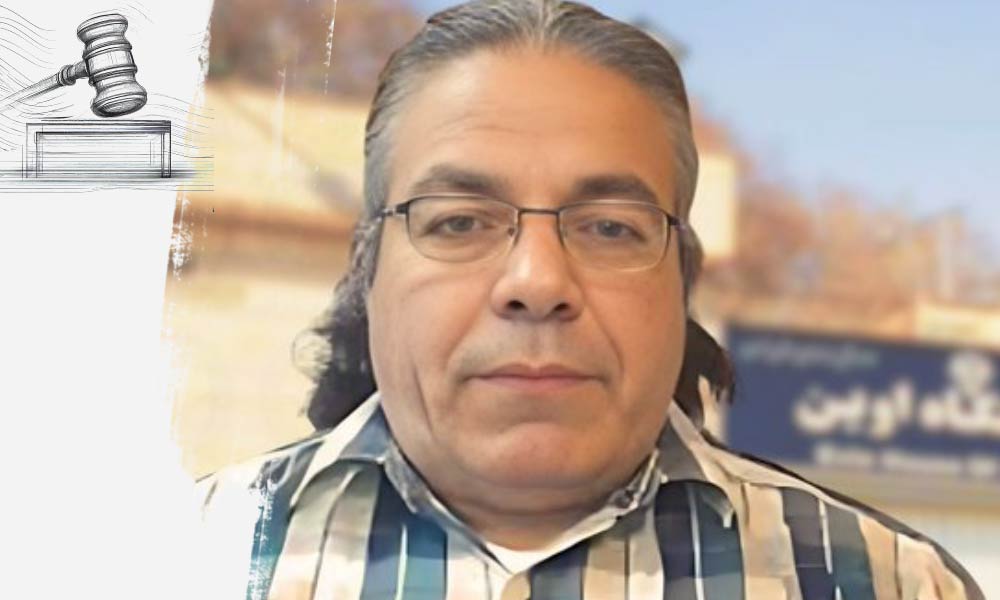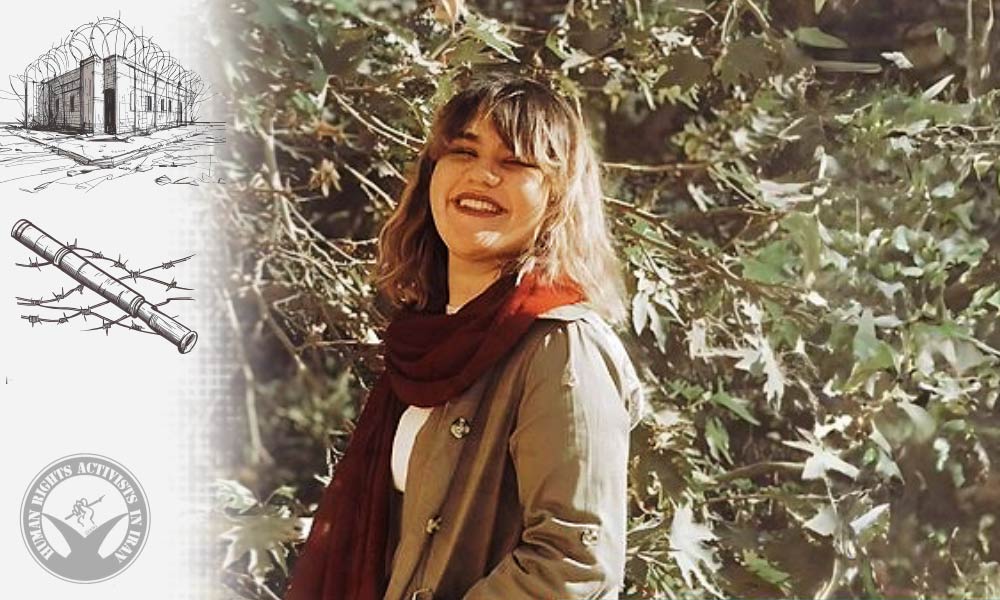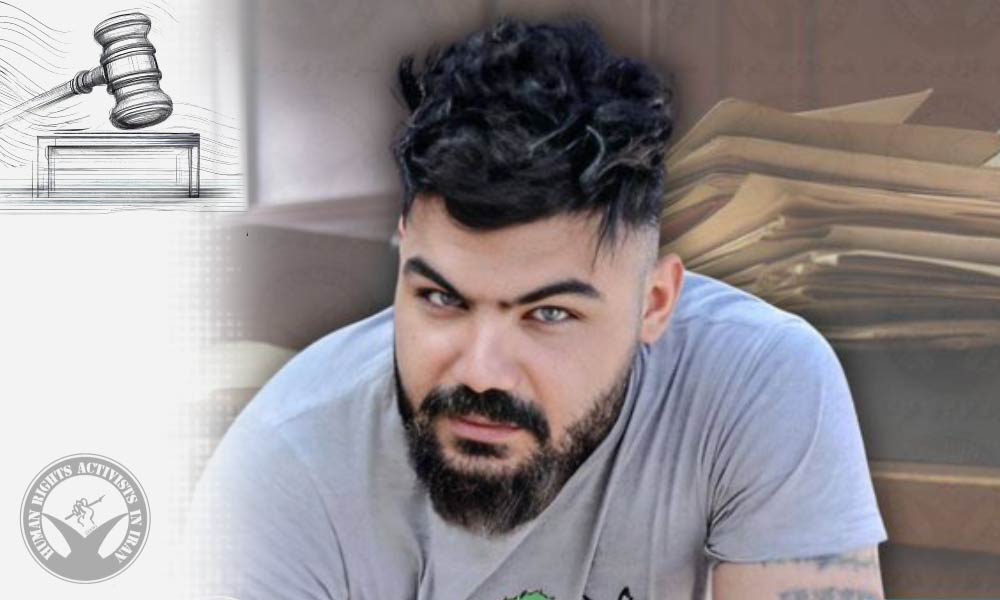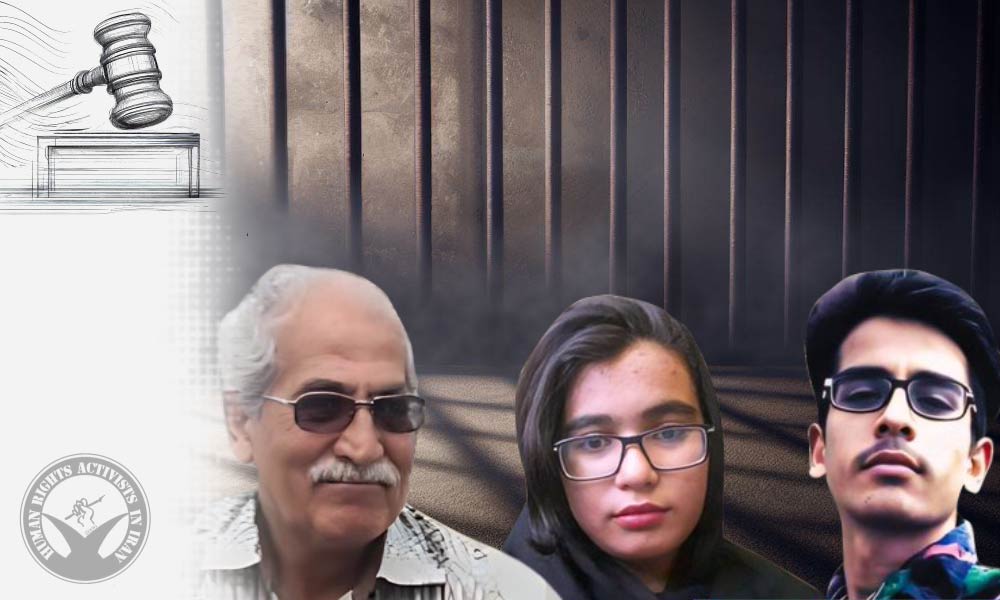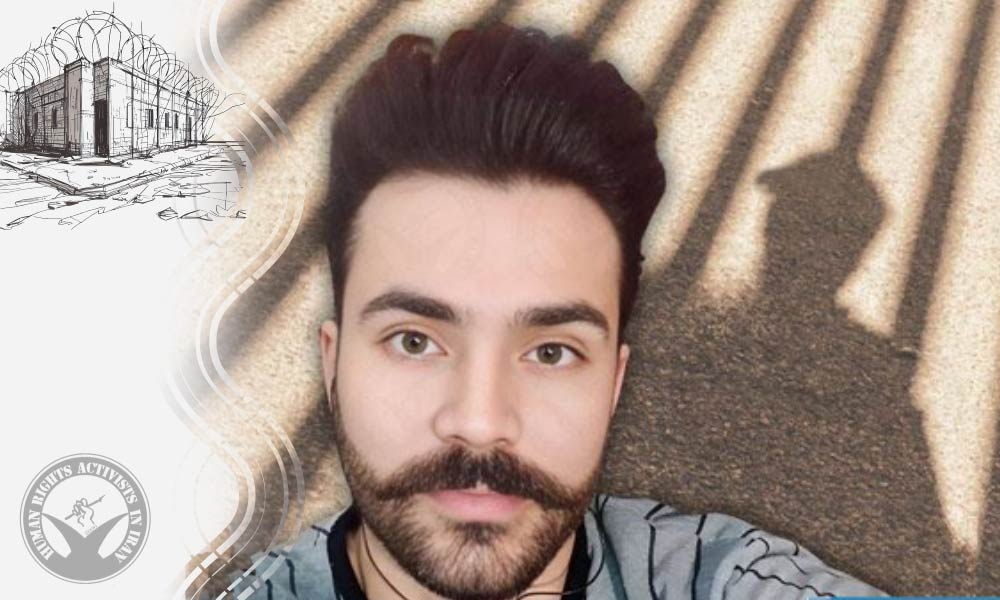The Syndicate of Workers of Tehran and Suburbs Bus Company has reported that one of its members, Hassan Saeedi, has been sentenced to four years and one month in prison following a retrial.
Saeedi, who is currently incarcerated in Evin Prison, initially received a six-year sentence. However, his request for a retrial was accepted by the Supreme Court of Iran, and the case was reassigned to another court branch for review. This new review resulted in a reduced sentence of four years and one month.
On May 18, 2022, security forces arrested Saeedi at his home. They also searched his residence and confiscated several of his belongings. He was subsequently sentenced to six years in prison, a travel ban, a ban on joining political parties, restricted use of social media, and a prohibition from residing in Tehran Province and neighboring provinces for two years. This original verdict was upheld on appeal.




